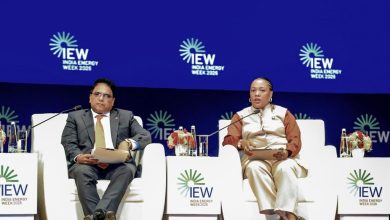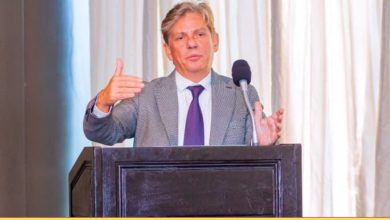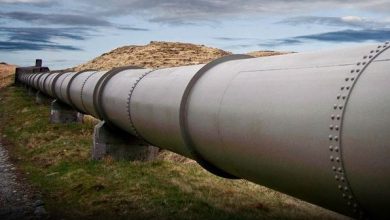More awareness needed to increase clean energy adoption

DAR ES SALAAM: STAKEHOLDERS in the clean cooking energy sector have been urged to strengthen public education on the importance of using clean energy, with the goal of reaching 80 per cent adoption by 2034.
It has also been suggested that subsidies should not only cover gas cylinders but also refills, particularly for low-income households, especially in rural areas.
These remarks were made in Dar es Salaam by Mr Shaban Fundi, Marketing and Sales Manager at Oryx Gas Tanzania Limited (OGTL), during a panel discussion on clean cooking energy strategies at the ongoing 11th East African Petroleum Conference and Exhibition 2025.
Mr Fundi stated that despite challenges in the distribution of clean energy, particularly LPG, there is a significant need to educate the public on the energy transition to achieve the goal of 80 per cent of Tanzanians adopting clean cooking energy by 2034.
“Stakeholders in the clean energy sector must collaborate with the government to continue raising awareness. Some people still believe that food cooked using firewood or charcoal tastes better…
“Others think cooking with gas is harmful. We have a responsibility to educate the public so that they see clean cooking energy as the right solution for their cooking needs,” he argued.
Mr Fundi also pointed out that most charcoal users are now in urban areas rather than rural ones, meaning government efforts should also focus on cities as part of the energy transition.
“LPG is more affordable than charcoal for the same consumption level. Recognizing the efforts and support of the government through REA and other stakeholders, we should consider subsidizing not only gas cylinders but also refills for low-income earners, particularly in rural areas,” he emphasized.
He further stated that his company has been actively educating the public on the benefits of using clean cooking energy, highlighting that beyond environmental conservation, it also protects people from health risks associated with smoke from firewood or charcoal.
To improve access to LPG in rural areas, he noted that his company has been expanding distribution points through local agents in districts and villages. He also called on other stakeholders to ensure the availability of gas in rural areas to facilitate accessibility.




